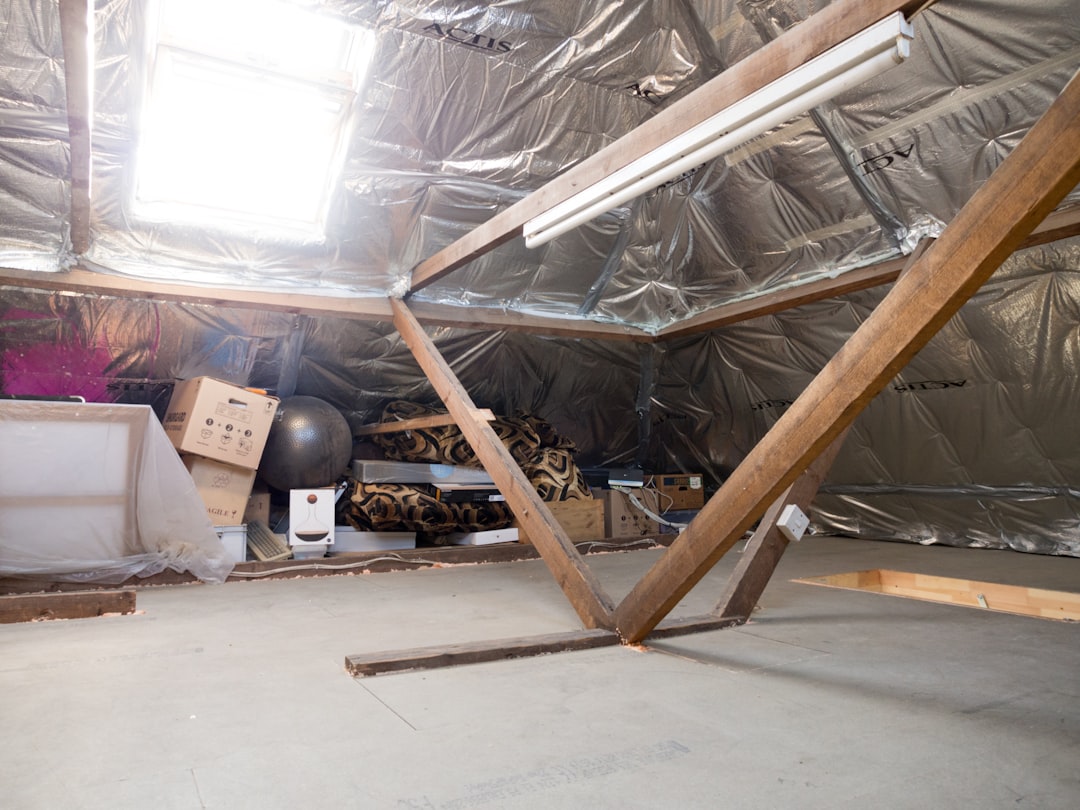
For construction professionals, understanding the cost of solar attic fan installations is crucial. A typical installation, including a 25-watt solar attic fan with curb mount and roof flashing, ranges from $850 to $1,200. This cost includes:
These installations not only reduce HVAC loads but also extend roof life by minimizing thermal cycling.
With over 300 sunny days annually, Austin attics can reach temperatures of 140°F or more. A solar attic fan effectively exhausts this heat, reducing energy costs and improving indoor comfort. For construction professionals, offering this solution can enhance client satisfaction and project value.
CountBricks leverages AI to streamline solar attic fan installations. By simply stating project details, our platform calculates CFM requirements, pulls current material pricing, and generates a detailed cost breakdown. This ensures accurate and efficient project execution.
1. Verify roof location, shade, and rafter layout
2. Confirm structural clearance with AI blueprint takeoff
3. Cut precise 14-inch opening; seal decking with high-temp underlayment
4. Mount and flash solar panel and fan motor assembly
5. Check soffit vents for balanced intake airflow
6. Conduct final QA with infrared camera to confirm temperature drop
CountBricks simplifies compliance by handling digital permit applications and scheduling inspections. All documentation is uploaded to your customer portal, ensuring a seamless process.
Our data log shows:
Track these metrics in real-time through the CountBricks dashboard.
The brushless DC motor operates at 15–20% capacity in low-light conditions, ensuring continuous ventilation.
Yes, solar fans supplement passive ventilation. CountBricks may recommend additional soffit venting for optimal performance.
We use aluminum fan housings and impact-rated solar glass tested for Texas hail zones, backed by a lifetime roof-penetration warranty.
Visit CountBricks.com to schedule a consultation or upload your roof plan for an AI-generated quote.

The Garcia family experienced significant cooling improvements with a solar attic fan installation. Here's a snapshot:
Using CountBricks, Mr. Garcia described the home layout, and the software mapped rafter spacing, calculated airflow needs, and produced a $1,045 estimate.
1. Crew arrival at 8 AM with pre-pulled materials
2. Roof cut, flashing, and panel mount completed by 10 AM
3. Soffit vents added and attic insulation re-leveled
4. City inspector signed off at 12:15 PM
“I loved approving changes on my phone in real time,” Mrs. Garcia said. “CountBricks finished before lunch, and our house felt cooler that same afternoon.”
Thinking about taking the plunge? Visit CountBricks.com for a tailored quote.